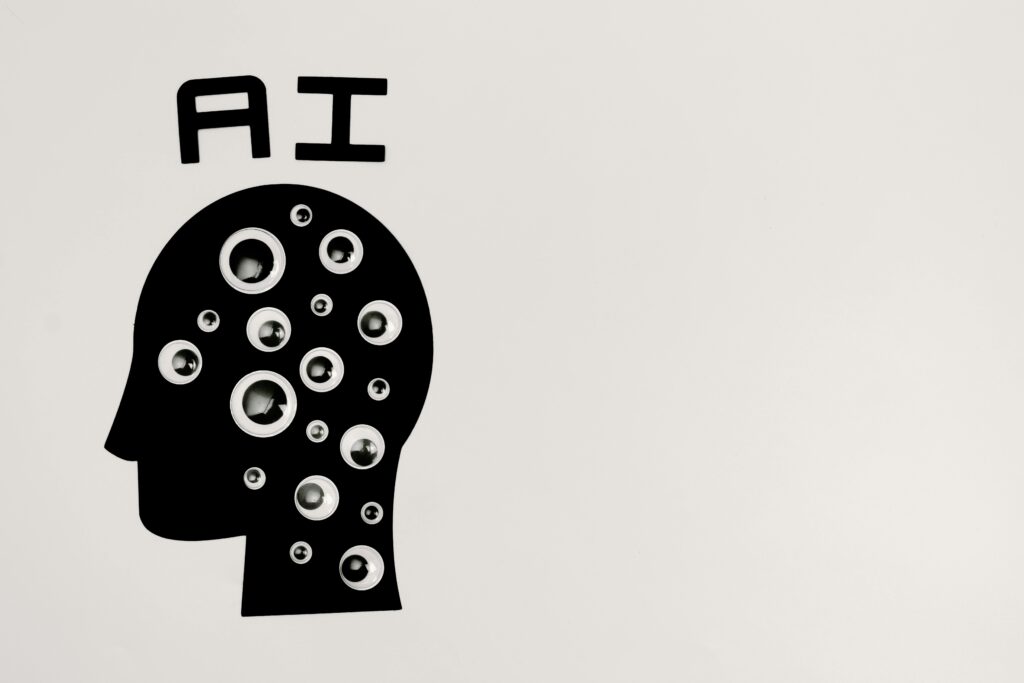In this article, we will explore the role of AI in digital marketing in 2025, the different types of AI applications, and the techniques businesses can use to maximize their marketing efforts.
In 2025, artificial intelligence (AI) is not just a buzzword but a revolutionary force reshaping digital marketing. From personalized customer experiences to predictive analytics, AI-driven tools have become essential for businesses looking to optimize their marketing strategies. With rapid technological advancements, marketers who leverage AI effectively will gain a competitive edge in the digital landscape.
The Evolution of AI in Digital Marketing
Over the past decade, AI has evolved from simple automation to advanced machine learning and natural language processing (NLP). Today, AI enables businesses to understand customer behavior, optimize content, and enhance engagement with unparalleled precision.
In 2025, AI is no longer optional—it’s the driving force behind hyper-personalization, predictive analytics, and real-time decision-making in marketing.
Add Your Heading Text Here
1. Machine Learning (ML) and Predictive Analytics
Machine learning helps marketers analyze vast amounts of data to predict customer behavior and trends. AI-driven predictive analytics tools assist in:
Understanding customer preferences based on past interactions.
Forecasting buying behavior and market trends.
Automating targeted campaigns for better conversions.
Example: AI-powered recommendation engines, such as those used by Amazon and Netflix, offer personalized product or content suggestions.
2. Natural Language Processing (NLP) and Chatbots
AI-driven NLP enables computers to understand, interpret, and respond to human language. This technology is widely used in:
Chatbots and Virtual Assistants – AI-powered chatbots provide instant, 24/7 customer support and improve user engagement.
Voice Search Optimization – As voice search continues to rise, AI-driven voice assistants like Alexa and Google Assistant are changing how brands interact with customers.
Content Analysis & Sentiment Detection – AI tools can analyze online conversations to determine consumer sentiment toward a brand.
3. AI-Powered Content Generation
AI can generate high-quality, SEO-friendly content at scale. Marketers use AI-driven content creation tools like GPT-4 to:
Automate blog writing and product descriptions.
Personalize email marketing campaigns.
Optimize ad copy for different audience segments.
Example: AI tools like Jasper and Copy.ai help marketers craft compelling ad copy and blog posts tailored to target audiences.

4. Image and Video Recognition
AI-powered image and video recognition tools are transforming digital marketing by:
Enhancing visual search capabilities on platforms like Pinterest and Google.
Automating content tagging and categorization.
Analyzing engagement metrics from visual content to improve campaign strategies.
5. Programmatic Advertising & AI-Driven PPC Campaigns
AI is revolutionizing paid advertising by automating real-time ad bidding and optimizing budget allocation. Programmatic advertising:
Uses AI to target the right audience at the right time.
Adjusts ad placements based on user behavior and engagement.
Increases ad performance through data-driven decision-making.
Example: Google Ads and Facebook Ads use AI to automatically adjust ad bids, optimize placements, and improve ROI.
6. Hyper-Personalization & Customer Insights
AI allows businesses to deliver highly personalized experiences by analyzing customer data. This includes:
Dynamic website personalization.
AI-driven email marketing campaigns.
Personalized product recommendations.
Example: E-commerce giants like Amazon and Shopify use AI to personalize product suggestions based on browsing history and past purchases.
Techniques to Leverage AI in Digital Marketing in 2025
1. AI-Driven SEO Optimization
Use AI-powered SEO tools like SurferSEO and Clearscope to optimize content.
Implement AI-driven keyword research and competitor analysis.
Enhance content with NLP-based semantic search optimization.
2. AI-Powered Social Media Marketing
Use AI tools to analyze engagement and optimize posting schedules.
Automate social media responses with chatbots.
Leverage AI-based image recognition for user-generated content analysis.
Conclusion
The role of AI in digital marketing in 2025 is transformative. From predictive analytics to hyper-personalization, AI is enabling businesses to create more effective marketing campaigns, improve customer engagement, and drive higher ROI. Marketers who embrace AI-driven technologies will stay ahead of the competition and redefine the digital landscape.
To stay relevant in this AI-powered era, businesses must integrate AI into their marketing strategies and continuously adapt to new technological advancements. The future of digital marketing is AI-driven, and those who leverage its power will thrive in the ever-evolving online marketplace.
